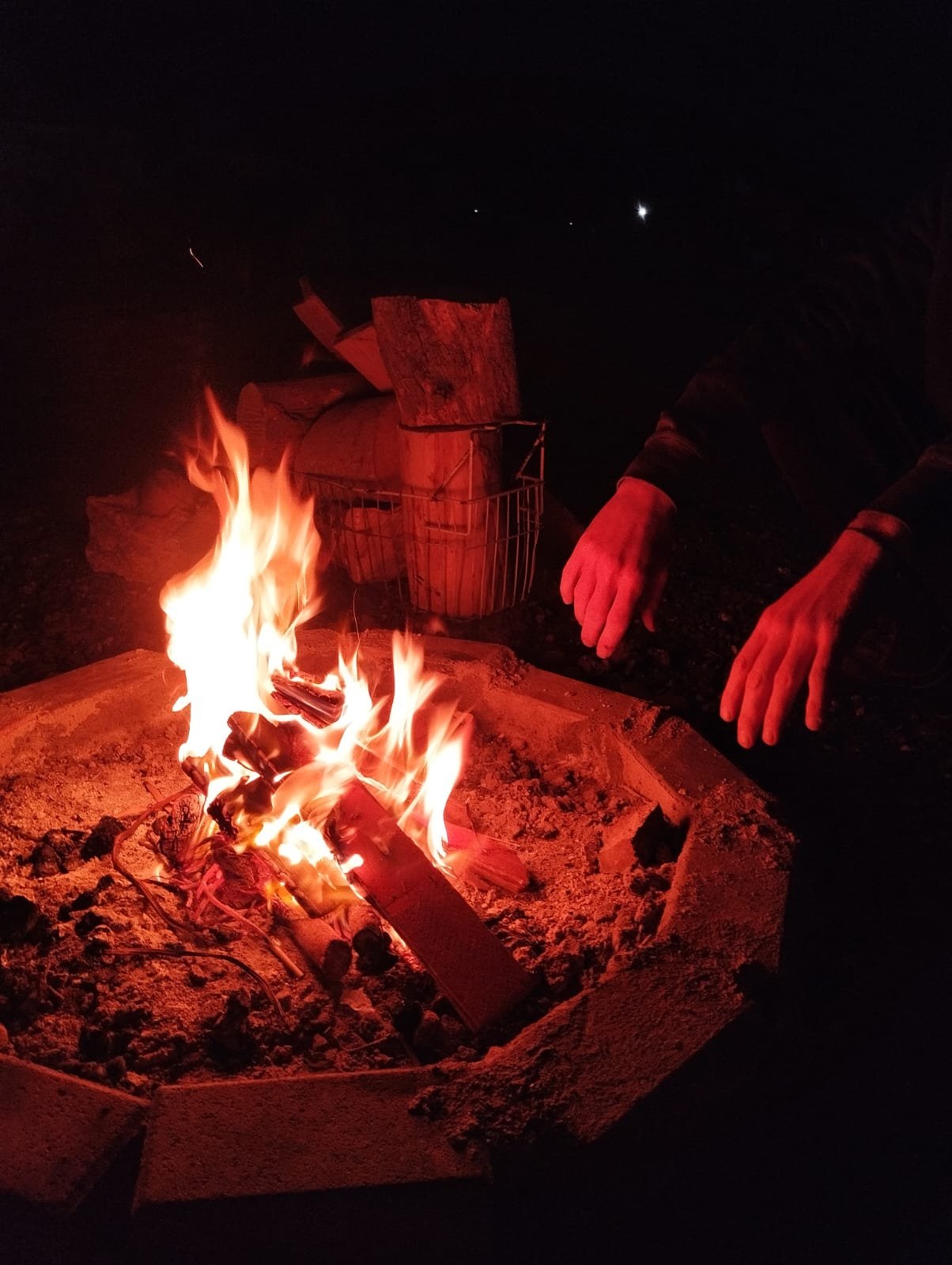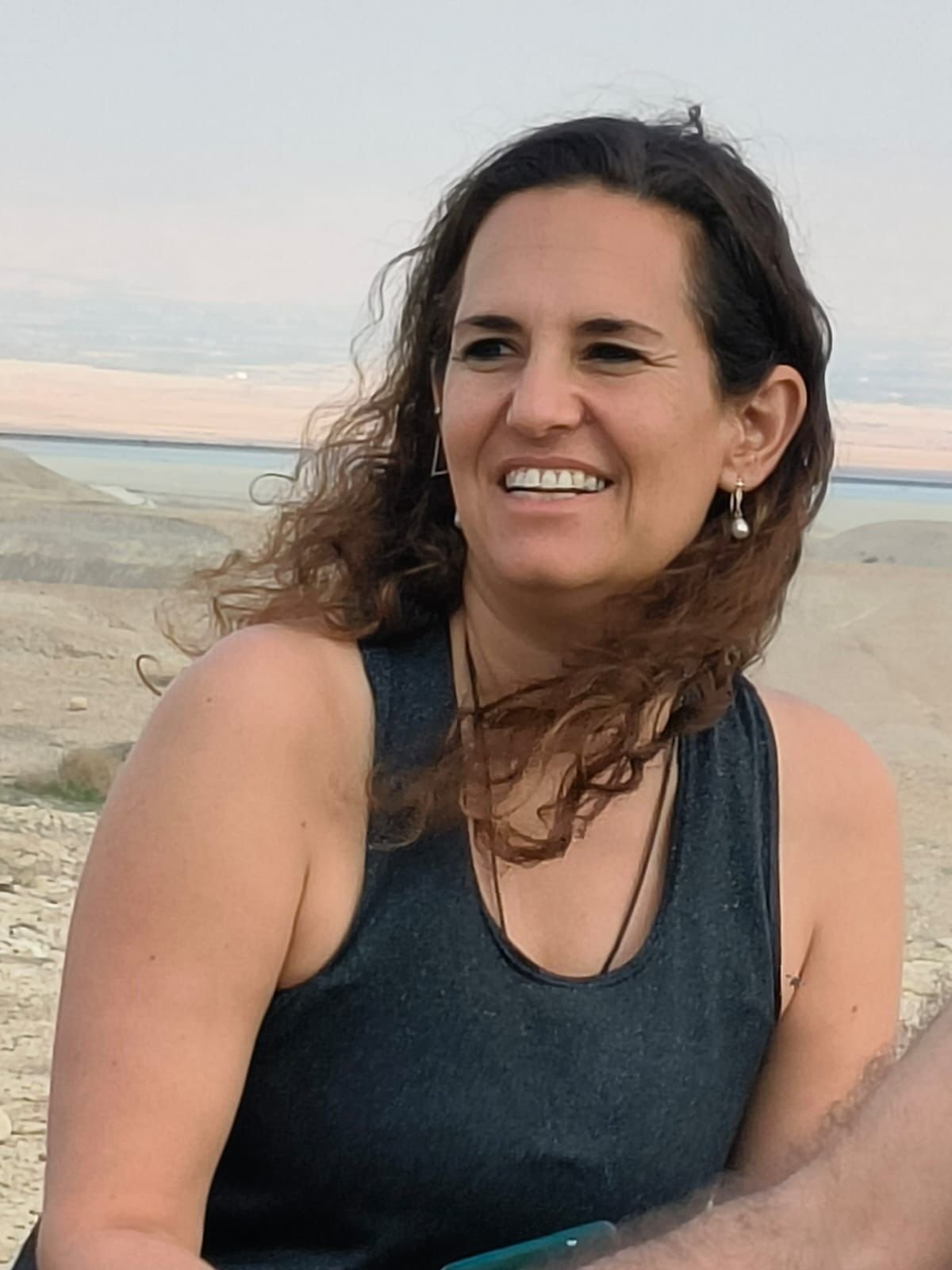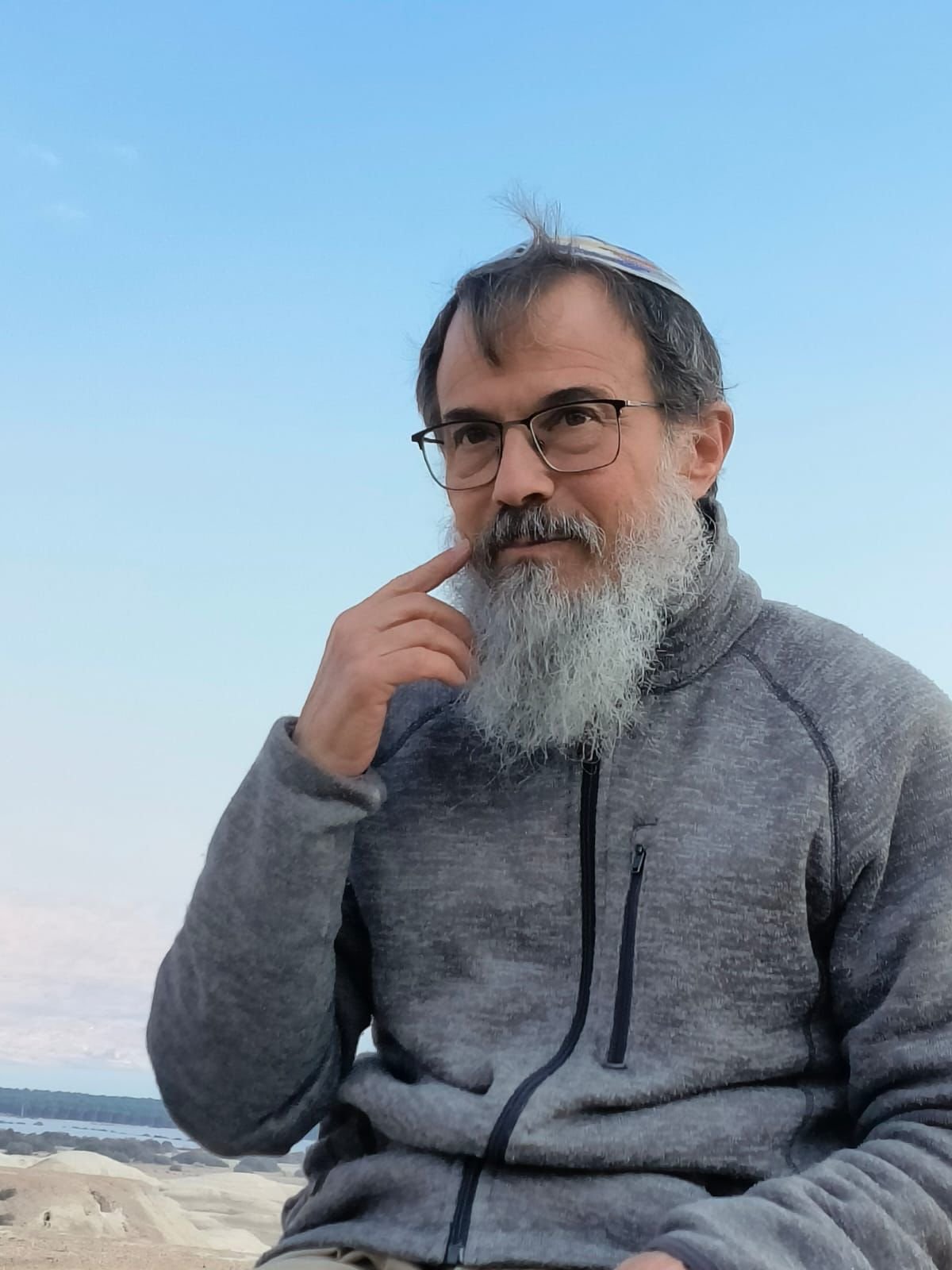They have been changed through this process
-

Understanding my triggers has taught me how to hold my pain
For many years it was impossible for me to say NO but in these sessions I have found a space where I can practice. Understanding what my triggers are taught me how to hold my pain in a very gentle way, without self-blame and judgment. Our group has created a space to share and to listen that is more humane and respectful of everyone than anywhere else I know.
O. – West Bank Palestinian
-

Radical Aliveness offers us deep, uncompromising emotional work
We become powerful when we agree to meet our pain and helplessness. Radical Aliveness offers us deep, uncompromising emotional work that invites us to feel everything that is ours to feel in the service of healing, conflict transformation and the betterment of the world. Everything has its place, as long as I take responsibility for my wound and do not throw it on the other. I saw so clearly that when something external activates me, it is actually an opportunity for me to revisit early wounds that still need my attention and love. When I was able to meet the stories and emotions that surfaced, my protective patterns retreated and relaxed. These gifts are so precious to me even if they make me appear less sexy, strong and successful because they enable me to encounter who I really am rather than who I have been trying to be all my life.
Ch. – Israeli Jew
-

I was subjected to many violent situations which I carried in my heart
As a Palestinian born under occupation, and living in Ramallah, under Israeli military rule, “apartheid” I was subjected to many violent situations, which I carried in my heart. That is until I got to know the group (Radical Aliveness), and worked with them for a full week, Arabs and Jews, women and men, hand in hand, supporting each other to overcome crisis. We are not distinguished by religion or nationality; we support each other and preserve our humanity. I didn’t imagine that it was possible to change to this extent. I now see the world from another perspective, this gathering and these people, they are the only ones who gave me hope in life. I call on all Palestinians and Israelis to join this work so that they can see change for the better in themselves and in their communities.
— S., West Bank Palestinian
-

Pain is pain, no matter whose it is
Want a surreal experience? Here you go. While outside there is war, and rockets are falling on both sides, a group of Israelis and Palestinians spend a whole week together - and agreed to meet whatever comes up. Could you imagine that?
It’s not such a beautiful and polite meeting. It’s a stormy, noisy meeting full of everything.
And when the news about the rockets begin to filter in, during the middle of the week, we sit in pairs, back-to-back, and just support one another. Leaning on each other. Physically. Emotional. Mentally.
Oh my god, how much pain is there. And pain is pain. No matter whose it is. Is that not clear? And we agree to stay. and deal with all that comes up.
Because if we don’t succeed, with all the love we have between us, what chance do we have at living here together?
And if we are able to create a safe space for the feelings, then solving the problem of borders is really a small task. Because the solution isn’t that complicated, even if we don’t know what it is yet.
The history of our Earth is full of conflicts that raged for years, conflicts that people believed would never end. Then at some point the conditions matured and peace broke out.
This weekend I am thankful for the insight I received into what the world could look like when people choose to feel what is theirs to feel rather than act it out, fight or flee.
We have endless opportunities to practice this in our everyday lives. Shall we give it a try?- H., Israeli Jew
-

The program helps me process and heal
This program means a lot to me because it enables me to acknowledge my inner wounds as a person who grew up under occupation and difficult circumstances. It helps me recognize, process and heal the sensation and feelings that affect my life. It touches me deeply and makes me more aware and wiser.
— R., Palestinian from the West Bank
-

I don’t remember the words but I remember the feeling – empathy
At one point in last week’s week-long retreat, the elephant in the room stood up on its hind legs. One of the Palestinians participants proclaimed as a miracle the fact that Israelis and Palestinians were able to do deep group work together while there was a war between our Peoples and rockets were very literally flying over our heads. I remember one Palestinian man beating with a baseball bat on a foam cube while shouting. He might be expressing his anger about the Occupation. To me from meters away it feels as if his beating of the cube is getting more and more aggressive. And then in a flash I see not a Palestinian beating a cube but rather a Nazi beating a bent over Jew. I am utterly horrified. The beating stops and the Palestinian man is spent. He moves away from the cube and is standing, by another member of the group. He is now but 2-3 meters away from me. I speak up and say to him that I have something to tell him, I want him to know what I saw while he was beating the cube but I don’t want to tell him while he is standing at a distance. I want to embrace him as I reveal what I saw in him. But he says that he is unable. So I tell the group - I saw a Nazi beating a Jew to death. A moment later a Palestinian woman approaches me. She kneels down in front of me, next to one of the people who are on the ground around me. She looks at me and opens her mouth to speak. I am expecting the worst. That she is going to berate me for experiencing Palestinian anger though the lens of Holocaust trauma. She is going to tell me how unfair it is that Palestinians suffer because of what the Germans did to the Jews. But what she says is just the opposite. I don’t remember the words but I remember the feeling – empathy.
— Rabbi H. Schlesinger, Jewish settler, West Bank
